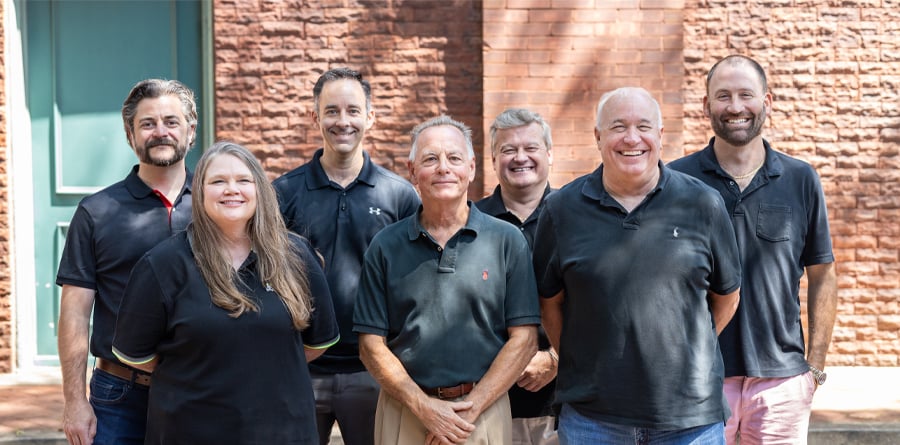Don’t give up if your application is rejected–you have options.
Whether you are seeking Social Security Disability Insurance Benefits (DIB or Title II) or Supplemental Security Income (SSI or Title XVI), the application process is the same.
The first step is your Initial application. You apply for benefits on your own and without a lawyer. You can apply online at ssa.gov, over the telephone at 800-772-1213, or in person at your local Social Security office. An appointment is not needed when applying in person at your local office, but if you take the time to call and schedule an appointment you may cut down how long you wait in that office. If your Initial application is denied, the second step is called Request for Reconsideration. The clock starts ticking when you get your Initial application denial: you have sixty (60) days to then make your Request for Reconsideration. This is typically when an attorney gets involved in your case. During this phase, different personnel (different from the decisionmaker who denied your Initial application) from the Social Security Administration reviews your disability application. If your Request for Reconsideration is denied, you move on to the third step. The third step is to request a hearing before an Administrative Law Judge (ALJ). You yet again have sixty (60) days to request this hearing from the date your Request for Reconsideration is denied. It takes a long time to get a hearing date, but you put that time to good use by getting medical care from your treatment providers leading up to your hearing. During this hearing, the ALJ will listen to you testify about your health conditions and how they negatively affect you. A skilled attorney can organize your medical records in a coherent manner and elicit helpful testimony from you. Most disability applications are resolved–good, bad, or indifferent–at this step. If your disability application is denied by the ALJ, the fourth stage is an appeal to the Appeals Council. During this stage, the Appeals Council reviews the ALJ’s decision to ensure she considered all of the related and relevant medical evidence in your case and made the correct decision. This is not a new hearing. There are three actions the Appeals Council can take: completely reverse the ALJ and award you benefits; remand (send back) your case to the exact same ALJ who denied your disability application to have a second hearing; or agree with the ALJ and rule against you. If the Appeals Council denies your disability application, the fifth and final stage is to file a lawsuit in federal court. Again, you have sixty (60) days to file your appeal. This civil action is filed in the United States District Court for whatever judicial district you live in. The Commissioner of the Social Security Administration is named as the defendant. Your other option is to start the disability application process all over again with a new Initial application. The road to disability benefits can be confusing and lengthy. Let an experienced attorney with Edwards & Kautz Law Firm, PLLC help you navigate that road! Call 270-908-4914 or start a free consultation now.



